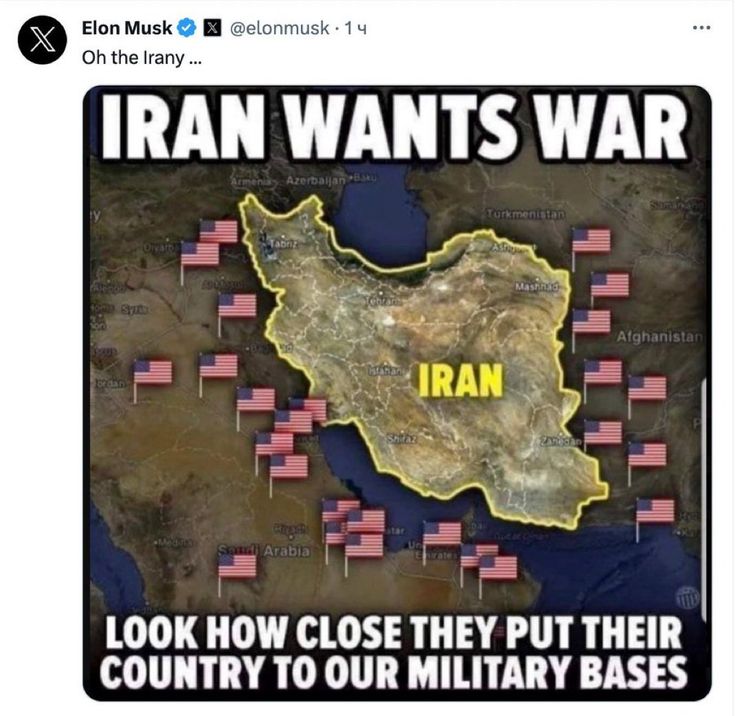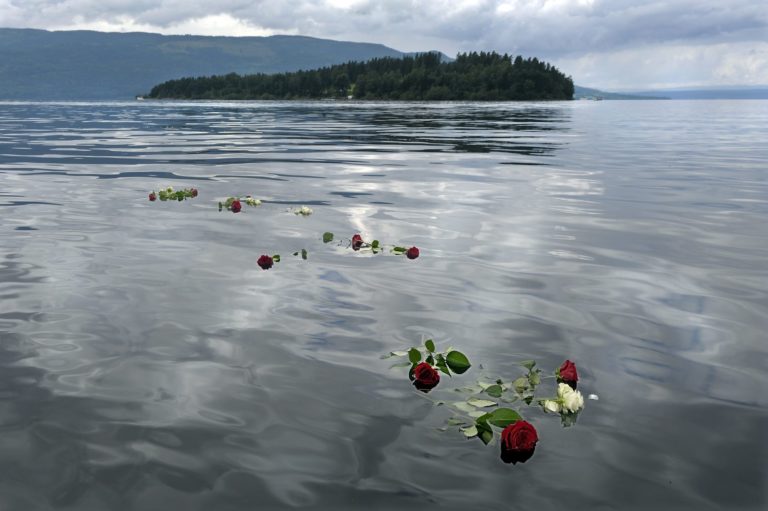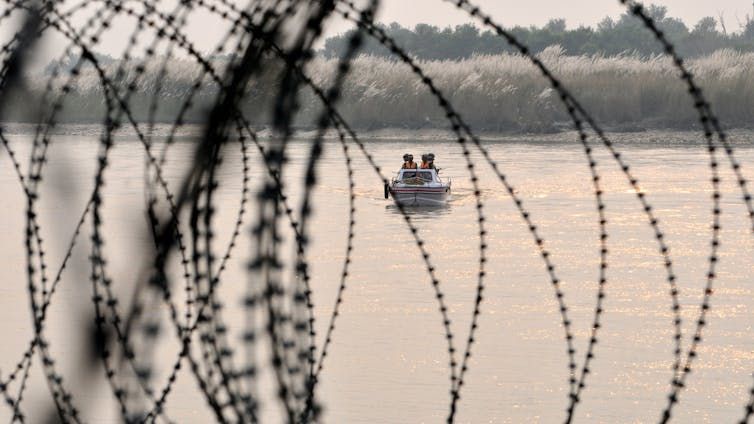We adhere to international law and to the purposes and principles of the Charter of the United Nations and are committed to upholding the rules-based international order. – These are no longer NATO’s wording (!)

Why flattering Donald Trump could be dangerous
Elon tweeted this on October 23, 2023. He knows the truth and is staying silent. Shame on him.

Andrew Corbett, King’s College London
Mark Rutte had an unenviable task at the Hague summit this week. The Nato secretary-general had to work with diverging American and European views of current security threats. After Rutte made extraordinary efforts at highly deferential, overt flattery of Donald Trump to secure crucial outcomes for the alliance, he seems to have succeeded for now.
But what this meeting and the run-up have made increasingly clear is that the US and Europe no longer perceive themselves as having a single common enemy. NATO was established in 1949 as a defensive alliance against the acknowledged threat from the USSR. This defined the alliance through the Cold War until the dissolution of the Soviet Union in 1991. Since Russia invaded Ukraine and annexed Crimea in 2014, NATO has focused on Moscow as the major threat to international peace. But the increasingly bellicose China is demanding more attention from the US.
Some symbolic moves signal a shift in how things are changing. Every NATO summit declaration since the Russian invasion of Ukraine in 2022 has used the same form of words: “We adhere to international law and to the purposes and principles of the Charter of the United Nations and are committed to upholding the rules-based international order.”
The declaration published during the Hague summit on June 25 conspicuously does not mention either. Indeed, in a departure from recent declarations, the five paragraphs of the Hague summit declaration are brutally short and focused entirely on portraying the alliance solely in terms of military capability and economic investment to sustain that. No mention of international law and order this time.
This appears to be a carefully orchestrated output of a deliberately shortened summit designed to contain Trump’s unpredictable interventions. This also seems to be symptomatic of a widening division between the American strategic trajectory and the security interests perceived by Canada and the European members of NATO.
That this declaration was so brief and focused on such a narrow range of issues suggests that there were unusually entrenched differences that could not be surmounted.
Since the onslaught of the full Russian invasion of Ukraine in February 2022, the Nato allies have been united in their criticism of Russia and support for Ukraine, until now.
Since January, the Trump administration has not authorized any military aid to Ukraine, significantly reduced material support to Ukraine, and criticized Russia. Trump has sought to end the war rapidly on terms effectively capitulating to Russian aggression; his proposal suggests recognising Russia’s control over Crimea and de facto control over some other occupied territories (Luhansk, parts of Zaporizhzhia, Donetsk, and Kherson) He has also suggested Ukraine would not join Nato but might receive security guarantees and the right to join the EU.
Meanwhile, European allies have sought to fund and support Ukraine’s defensive efforts, increasing aid and military support, and continuing to ramp up sanctions.
Another sign of the differing priorities of Europe and Canada v the US, was the decision by Pete Hegseth, US secretary of defense, to step back from leadership of the Ukraine defence contact group, an ad-hoc coalition of states across the world providing military support to Ukraine. Hegseth also failed to attend the group’s pre-summit meeting in June symbolically.
Trump has long been adamant that NATO members should meet their 2014 commitment to spend 2% of their GDP on defense, and Rutte recognized that. In 2018, Trump suggested that this should be increased to 4 or 5% but this was dismissed as unreasonable. Now, in a decision that indicates growing concern about both Russia as a threat and US support, NATO members (except for Spain) have agreed to increase their defense spending to 5% of GDP over the next 10 years.
NATO’s Article 3 requires states to maintain and develop their capacity to resist attack. However, since 2022, it has become increasingly apparent that many Nato members are unprepared for any major military engagement. At the same time, they are increasingly feeling that Russia poses a greater threat at their doorstep. There has been recognition, particularly among the Baltic states, Germany, France, and the UK, that they need to increase their military spending and preparedness.
For the US to focus more on China, US forces will shift a greater percentage of the US Navy to the Pacific. It will also assign its most capable new ships and aircraft to the region, increasing general presence operations, training, and developmental exercises, as well as engagement and cooperation with allied and other navies in the western Pacific. To achieve this, US forces will need to reduce their commitments in Europe, and European allies must replace those capabilities to sustain deterrence against Russia.
The bedrock of the NATO treaty, Article 5, is commonly paraphrased as “an attack on one is an attack on all.” On his way to the NATO summit in The Hague, Trump seemed unsure about the US commitment to the alliance. Asked to clarify this at the summit, he stated: “I stand with it [Article 5]. That’s why I’m here. If I didn’t stand with it, I wouldn’t be here.”
Lord Ismay, the first secretary-general of NATO, famously (if apocryphally) suggested that the purpose of the alliance was to keep the Russians out, the Americans in, and the Germans down. Germany is now an integral part of NATO, and the Americans are in, if distracted. But there are cracks, and Rutte will have his hands full managing Trump’s declining interest in protecting Europe if he is to keep the Russians at bay.![]()
Andrew Corbett, Senior Lecturer in Defence Studies, King’s College London
This article is republished from The Conversation under a Creative Commons license. Read the original article.




Comments are closed.